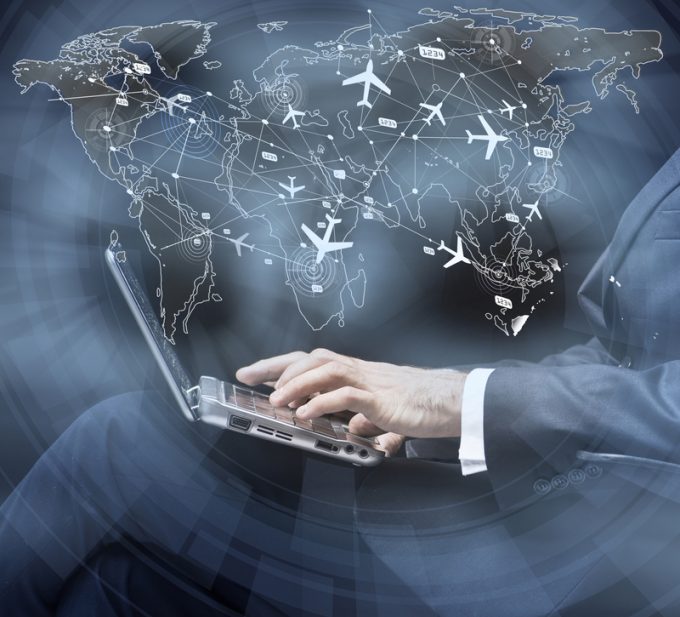Update your tech to attract the 'next gen', but retain vital 'institutional knowledge'
Supply chain and logistics companies should integrate digital technology to appeal to a younger workforce, ...

Air cargo has been in a silo – unconnected to the rest of the supply chain, almost untouched by technology, it has sat alone, nestled between airports.
But not any more: both airlines and the tech industry are adapting.
In fact, increasing numbers of airline managers are moving into the tech industry, helping the two sectors get closer.
From Camilo Garcia Cervera, an IAG Cargo veteran now at Freightos’ WebCargo, to CargoAi’s Magali Beauregard (ex-Lufthansa) and Cargo.one’s latest hire, Simson Demmer of Cargologicair ...
Trump tariffs see hundreds of cancelled container bookings a day from Asia
'To ship or not to ship', the question for US importers amid tariff uncertainty
'Disastrous' DSV-Schenker merger would 'disrupt European haulage market'
'Chaos after chaos' coming from de minimis changes and more tariffs
Forto 'sharpens commercial priorities' as it lays off one-third of staff
List of blanked transpac sailings grows as trade war heats up and demand cools
EC approves DSV takeover of DB Schenker
Overcapacity looms for ocean trades – with more blanked sailings inevitable
Amazon Air’s metamorphosis: 'a different air cargo unit from two years ago'
Shippers in Asia restart ocean shipment bookings – but not from China
India withdraws access for Bangladesh transhipments, in 'very harmful' decision
'Tariff hell' leaves industries in limbo – 'not a great environment to plan'


Comment on this article